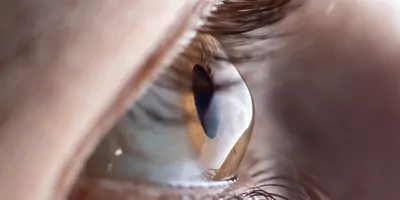Researchers from Xiamen University and Harvard Medical School recently conducted a study which indicates that sleep deprivation can adversely affect corneal stem cells in both the short and long term, possibly leading to vision impairment and the development of eye disease.
Sleep deprivation, which is defined as consistently getting too little sleep, is a serious health problem. In the short term, the condition can cause dry, itchy eyes and hyperemia of the eye. In the long term, those suffering from sleep deprivation are at higher risk for developing eye diseases, according to the release.
A major component of good eye health is having a healthy cornea. The cornea is the transparent layer of tissue that covers the eye. It is maintained by stem cells that constantly replace dying cells and mend minor injuries. If the corneal stem cell processes are dysregulated, one may develop eye disease or impaired vision.
In their study, researchers Wei Li and Zugou Liu, along with colleagues from Xiamen University and Harvard Medical School, examined how sleep deprivation affects corneal stem cells. Experimenting with mice, they observed that short-term sleep deprivation increased the multiplication rate of corneal stem cells. Additionally, there were less antioxidants in the protective tear film’s composition. This composition directly impacts the stem cell activity, thus causing the excessive cell multiplication. When eye drops containing antioxidants were applied, stem cell activity returned to its normal rate.
These data suggest that sleep deprivation negatively affects corneal stem cells, which may cause vision impairment in the long run. Further studies are required to confirm that these processes happen in human corneal stem cells; other studies are required to test the efficacy of local antioxidant therapy on treating corneal health issues caused by sleep deprivation.












